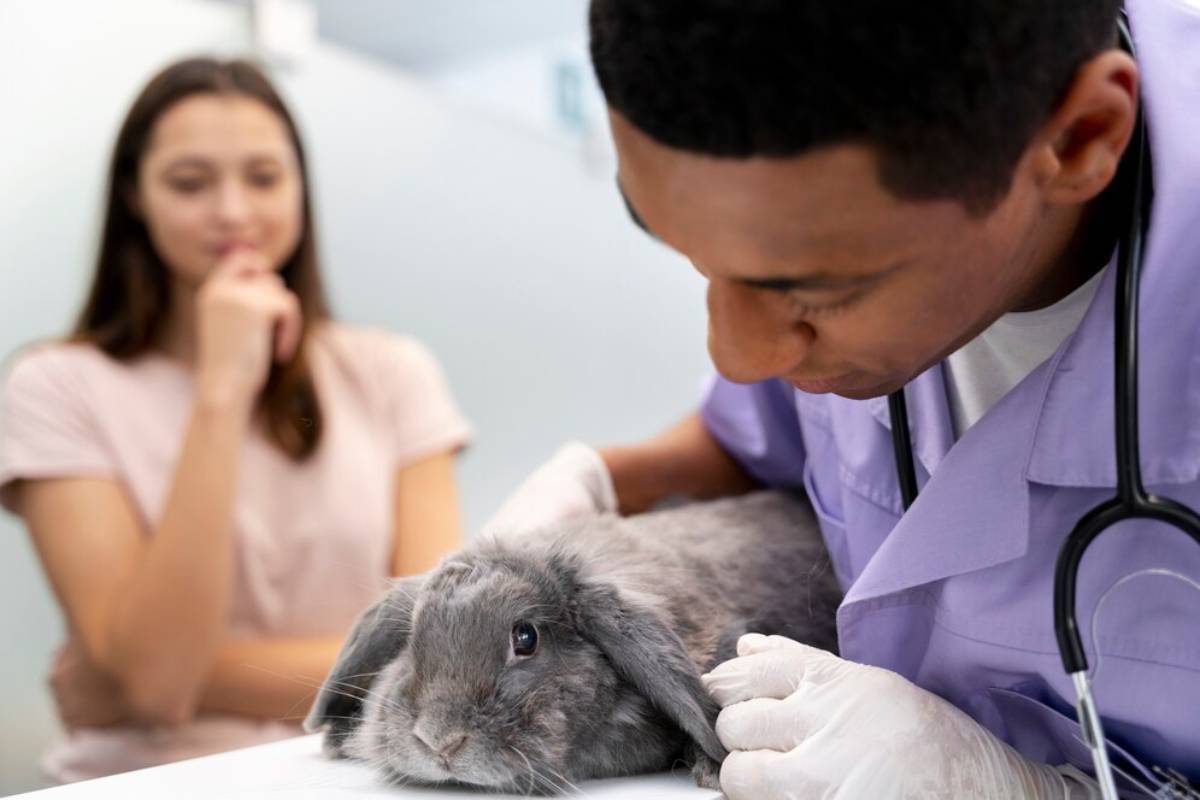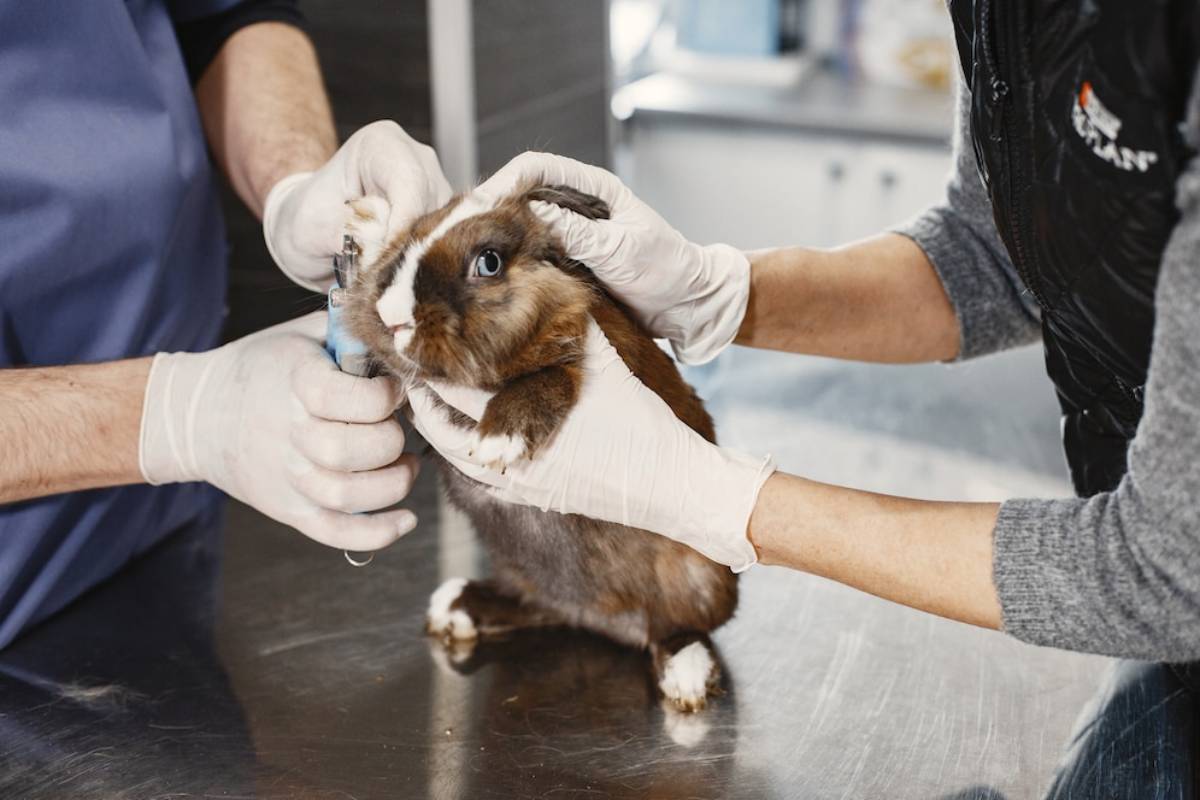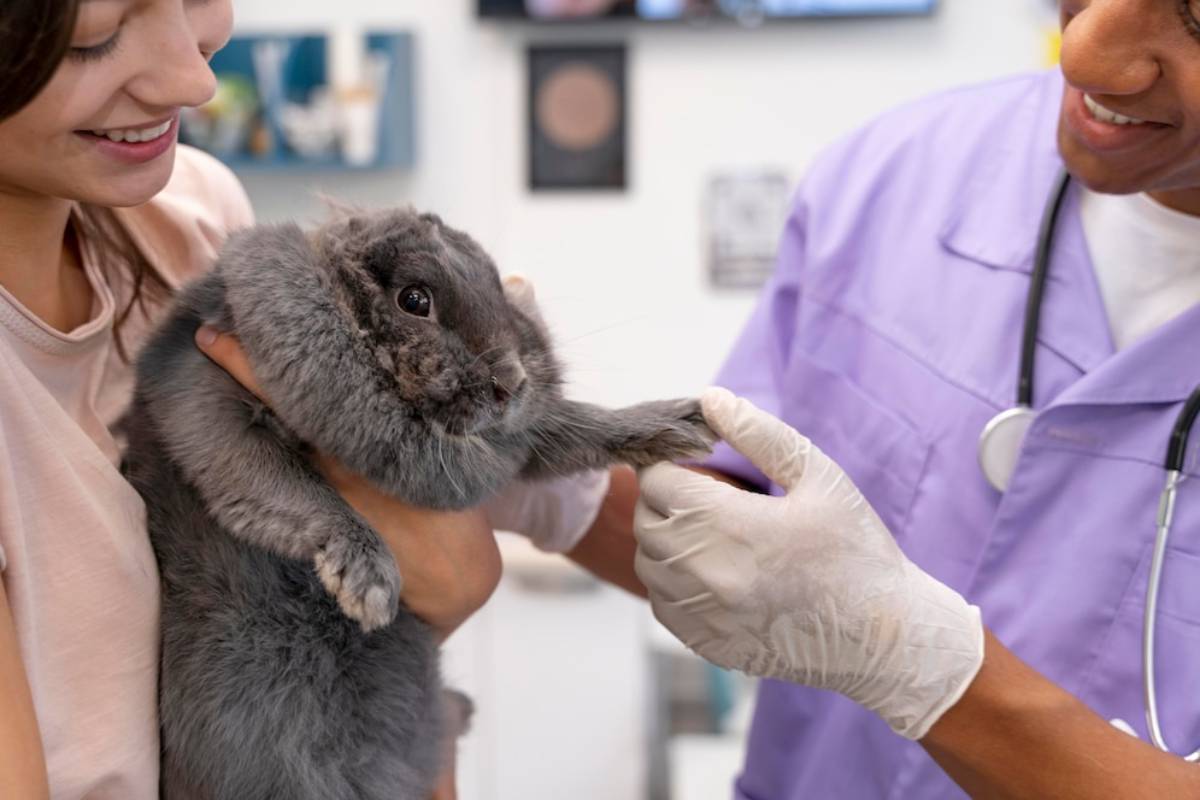
Best Veterinary Practices for Exotic Species
Pets like parrots, reptiles, ferrets, amphibians, and small mammals are gaining popularity. These unique species bring joy and interest to their owners. However, they also come with special challenges. Giving quality care means more than just feeding and housing animals. It needs special knowledge, resources, and access to a skilled exotic animal vet.
Exotic animals are different from pets like cats and dogs. They often hide signs of illness. Also, they need very specific environments and diets. Pets need veterinary care that is proactive, accurate, and matches their natural biology. This article looks at the best veterinary practices for exotic pets. We cover everything from routine health checks to emergency treatments. You’ll get a complete overview of advanced pet care for non-traditional animals.
Why Exotic Pets Require Specialised Veterinary Care

Exotic species differ dramatically in their physiology, dietary needs, and behaviour. What works for a rabbit may not work for a tortoise, and what’s safe for a gecko could be dangerous for a parrot.
Key Differences Include:
- Metabolism and thermoregulation: Many exotic pets are ectothermic. They need the right temperature around them to digest food and stay healthy.
- Stress sensitivity: Exotic pets can easily get stressed from travel, loud noises, or rough handling. This stress can quickly make them ill.
- Anatomical and physiological variation: Vets must understand a wide range of internal systems across species groups.
Exotic pet owners should look for a vet who has special training and experience with their animal type.
Choosing the Right Exotic Animal Vet
Choosing a qualified exotic animal vet is crucial for responsible pet ownership. Not every general veterinary practice can care for exotic species.
What to Look For:
- Specialist certification: Look for vets with postgraduate training in zoological or exotic animal medicine (e.g. RCVS-recognised qualifications or board-certified specialists).
- Experience with your species: Ask how frequently they treat similar pets.
- Appropriate equipment: Exotic pets often need species-specific diagnostic tools such as micro-endoscopes, digital x-ray systems, or precise anaesthesia machines.
- Comfortable handling: An experienced exotic vet knows how to lower stress during exams and procedures.
Building a bond with your vet before an emergency helps you get the support you need for regular care and urgent issues.

Best Practices in Preventative Care
Preventative veterinary care is the cornerstone of advanced pet health. Due to the subtlety of early symptoms in many exotic animals, regular health checks are vital.
Routine Examinations Should Include:
- Weight and body condition assessment
- Dental checks, especially for rodents, rabbits, and reptiles
- Faecal testing for parasites
- Skin, scale, or feather evaluation
- Nutritional and environmental review
For many species, biannual or annual visits are recommended. Some animals, like reptiles, may need more frequent checks if they are breeding or recovering from illness.
Vaccination and Parasite Control

Vaccination and parasite care for exotic pets depend on their species, lifestyle, and exposure risk.
Common Preventative Measures:
- Ferrets: Can be vaccinated against distemper and, in some regions, rabies.
- Rabbits: In the UK, they should get vaccinated for myxomatosis and Rabbit Viral Haemorrhagic Disease (RVHD).
- Birds: May require worming, beak trimming, and regular testing for psittacosis.
- Reptiles: Parasite screening is essential, especially for new or wild-caught specimens.
Team up with your vet to adjust preventative care based on your pet’s species and surroundings.
Diagnostic Techniques for Exotic Species
Exotic pets can show vague signs of being unwell, like lethargy, less appetite, or hiding. Therefore, diagnostics play a key role in identifying issues early.
Tools and Methods May Include:
- Digital radiography: For skeletal or organ assessment
- Ultrasound: Particularly helpful in birds, small mammals, and reptiles
- Bloodwork: Analysing organ function and infection markers
- Endoscopy: Minimally invasive internal exploration
- DNA testing: For sexing birds or identifying genetic conditions
These techniques need technical skills and an understanding of specific species. This highlights the importance of having an experienced exotic vet.
Surgical and Emergency Veterinary Care
Surgery in exotic pets presents unique challenges. Their small size and unique anatomy make procedures trickier than for cats or dogs. Also, they are sensitive to anaesthesia.
Common Surgical Interventions:
- Tumour removals
- Reproductive surgeries (e.g. spaying ferrets)
- Foreign body removal
- Dental procedures
Emergency care may be required for trauma, respiratory distress, severe diarrhoea, egg-binding (in reptiles and birds), or sudden collapse. Knowing where to go in a crisis is crucial. Aim for a 24-hour clinic with special experience. This is an important part of being a responsible pet owner.
Husbandry Consultations: The Veterinary Advantage
Poor husbandry, or substandard care practices, is the main cause of illness in captive exotic species. An exotic animal vet should provide guidance on:
- Enclosure design and environmental controls
- Temperature, humidity, and UVB light requirements
- Species-appropriate diet and supplementation
- Safe handling and enrichment activities
Regular vet check-ups can stop problems before they start. This is key to better pet health management.
Nutrition and Weight Monitoring
Nutritional imbalances can greatly affect exotic animals. For instance, parrots may become obese, while lizards can develop metabolic bone disease.
Veterinary Nutrition Support Includes:
- Assessing body condition score (BCS)
- Recommending tailored diets or supplements
- Advising on food quantity, quality, and feeding methods
- Providing weight tracking tools for home monitoring
Taking a proactive approach helps you stay at a healthy weight. It also lowers the risk of long-term problems.
Behavioural Health and Welfare
Many people overlook behavioural health in exotic pet care. However, illnesses often arise from chronic stress, boredom, or social isolation.
Vets Can Assist With:
- Identifying abnormal behaviours (e.g. feather plucking, aggression, excessive hiding)
- Suggesting environmental or social enrichment
- Advising on bonding, training, and stimulation
- Recommending veterinary behaviourists where needed
Behaviour is key in holistic veterinary care. This is especially true for smart and social animals like parrots, ferrets, and rats.
Record Keeping and Health Tracking
Responsible exotic pet owners should maintain detailed records of:
- Vet visits and vaccinations
- Weight and growth measurements
- Diet and supplements
- Environmental changes
- Signs of illness or behavioural shifts
These records help your vet make smart choices. They also act as an early warning for possible health problems.
Collaboration Between Owners and Vets
A key sign of great exotic pet care is a trusting, ongoing bond between the owner and vet.
Effective Collaboration Involves:
- Clear communication about concerns or questions
- Transparency from the vet regarding procedures and costs
- A shared understanding of goals and priorities
- Willingness to adjust care based on the pet’s response
This partnership builds a strong base for your exotic companion’s long-term health and happiness.
Continuing Education and Advocacy
The field of exotic animal medicine is continually evolving. Owners can improve care by staying informed. They should also support practices that promote responsible exotic pet ownership.
Ways to Stay Involved:
- Attend local workshops or online webinars
- Subscribe to reputable exotic pet care journals
- Support professional veterinary associations and research
- Promote awareness of proper care standards among new pet owners
This ongoing education supports your exotic animal vet and boosts the community of responsible exotic pet carers.
Raising the Standard of Exotic Pet Care
Exotic pets bring joy, fascination, and companionship into the lives of their owners. But with that joy comes a duty to meet the complex medical and emotional needs these animals require. Choosing a skilled and caring exotic animal vet helps your pet get the best care. This way, your pet can enjoy a long and healthy life.
Advanced pet health covers everything. It includes preventative medicine, emergency treatment, husbandry support, and behavioural guidance. It’s not just about treating illness; it’s about nurturing wellness. And it all starts with informed, committed, and compassionate care.
Take action: Locate a reliable exotic vet close to you. Schedule a wellness check for your pet. Start a partnership that prioritises your animal’s health and happiness.


